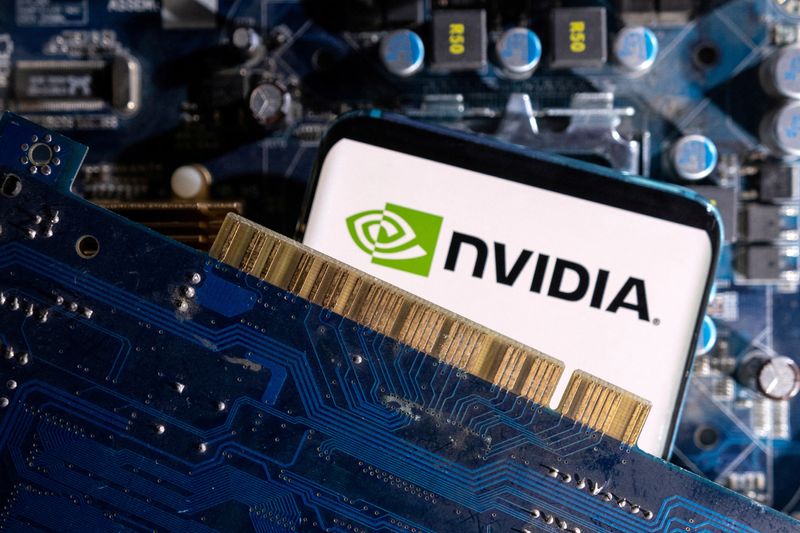The Information reported over the weekend that Nvidia’s next-generation products, based on the Blackwell architecture, might face a delay of at least three months due to design flaws.
While this potential delay could introduce some volatility to Nvidia’s near-term fundamentals, possibly resulting in muted growth in the October and/or January quarters followed by a steeper-than-expected ramp, Goldman Sachs analysts expect little to no impact on Nvidia’s 2025 earnings and, more importantly, its long-term competitive position.
"As such, we are not making any adjustments to our base case Data Center revenue estimates and continue to forecast 39% yoy growth in CY2025 off a CY2024 base that is up 134% yoy,” analysts noted.
Goldman maintained a Buy rating on Nvidia (NASDAQ:NVDA) stock and a target price of $135.
Similarly, analysts at Raymond James said they see potential implications of the Blackwell delay as “modest.”
“While we are unable to independently verify these claims, a few months of delay should have a limited impact on NVDA’s near-term estimates, in our view,” they wrote.
“We expect any potential delays in Blackwell to drive upside to Hopper demand in the short term, which could actually benefit gross margins,” analysts added.
Raymond James also highlighted Spectrum-X, Nvidia’s advanced networking technology developed to optimize data center performance, as a significant near-term revenue driver for the company, largely independent of Blackwell's timeline.
While a prolonged delay could increase the risk of a customer spending pause, the analysts have confidence in Nvidia’s and TSM’s execution capabilities. They remain optimistic that the B100/B200 products will ramp up later this year, followed by the GB200 NVL systems in the first half of 2025.
Still, analysts acknowledge that AMD (NASDAQ:AMD) could benefit from the situation or at least attract incremental customer interest, particularly given the MI300X’s memory capacity advantage over Nvidia’s H200.
Nvidia stock fell nearly 10% in Monday’s premarket trading amid a global stock-market sell-off driven by growing fears that the U.S. economy may be headed for a recession.
